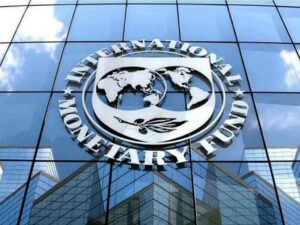


Nigeria requests $500m World Bank loan to repair rural roads, combat rising food prices
The federal government of Nigerian is requesting a $500 million loan from the World Bank to repair rural roads, enhance agricultural product access, and combat rising food prices.
The World Bank stated that this loan will benefit 92 million rural residents who lack adequate road infrastructure.
This funding request is part of the final draft of the Resettlement Policy Framework for the Nigeria Rural Access and Agricultural Marketing Project Scale-Up, managed by the Federal Ministry of Agriculture and Rural Development.
The RAAMP-SU project will allocate funds to three main areas including, $387 million for resilient rural access, $158 million for climate-resilient asset management, and $55 million for institutional strengthening and project management.
The project’s total cost is estimated at $600 million, with the World Bank expected to cover 83.33% of the funding. This represents a 79% increase from the initial $280 million commitment for the original project.
According to the policy document, participating states must establish fully operational Roads Funds and Roads Agencies with appointed boards and staff, and allocate administrative costs in their budgets.
The document read, “Rural access is particularly restricted in areas densely populated by the economically disadvantaged. These factorst underscore the imperative to expand and enhance the rural road network, as well as conserve rural road and transport assets.
“While eligibility for state participation under RAAMP required the drafting and placement of Road Fund and Roads Agency bills in the State Houses of Assembly, the new project would require the States to have a fully functional Roads Fund and Roads Agency with appointed boards and staff, and provision for administrative costs made in the state budget. Additionally, RARAs offer an opportunity to foster women’s representation in the transport sector.”
This initiative comes as Nigeria faces rising food inflation, which according to the National Bureau of Statistics, reached 40.53% in April 2024. Experts attribute this to insecurity, high energy costs, and transportation expenses
Report according to the Debt Management Office, however has it that, as of the end of 2023, Nigeria’s total debt was N97.341 trillion, with debt at N38.22 trillion, accounting for 39% of the total debt.



